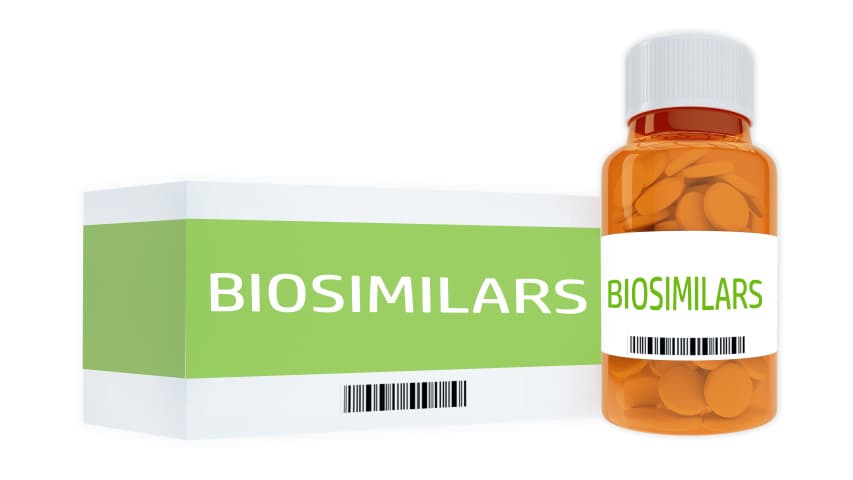FDA Accepts Biologics License Application for Proposed Biosimilar Denosumab

By binding to and inhibiting RANKL, denosumab decreases the production and activity of osteoclasts, resulting in reduced bone loss.
The FDA has accepted a Biologics License Application (BLA) from Sandoz for a proposed biosimilar for denosumab (Prolia).
The application includes all indications covered by branded reference drugs Prolia and Xgeva, which includes treatments for conditions such as osteoporosis in postmenopausal women and in men with an increased risk of fractures, treatment-induced bone loss, prevention of skeletal-related complications in cancer that has spread to the bone, giant cell tumor of the bone, and treatment of hypercalcemia of malignancy refractory to bisphosphonate therapy.
Denosumab is a human monoclonal antibody designed to bind to the RANKL protein, an activator of osteoclasts, which are cells involved in breaking down bone tissue. By binding to and inhibiting RANKL, denosumab decreases the production and activity of osteoclasts, resulting in reduced bone loss and, subsequently, the likelihood of fractures and other serious bone conditions.
“In addition to being an important medicine for cancer of the bone, denosumab is critical in the treatment of osteoporosis and potential prevention of osteoporosis-related fractures that so many women over 50 are at risk of,” said Keren Haruvi, president of Sandoz Inc and head of North America, in a press release.
In the United States, more than 10 million adults over 50 years of age are estimated to have osteoporosis, more than 80% of whom are women. Estimates predict that 1 in 2 of these women and 1 in 4 men will have an osteoporosis-related fracture in their lifetimes, which can lead to diminished quality of life, disability, and even death.
The BLA includes a comprehensive analytical and clinical data package, including data from the phase 1/3 ROSALIA study. Results from that study confirmed that the proposed biosimilar denosumab matches the reference medicine in terms of pharmacokinetics, pharmacodynamics, efficacy, safety, and immunogenicity in women with postmenopausal osteoporosis. The results contribute to demonstration of similarity, which is the basis for use in all indications.
“We are proud to be among the first to submit a BLA for a denosumab biosimilar as, if approved, it could increase patient access to an affordable, high-quality, potentially disease-modifying treatment across the US, while also delivering savings for health care systems,” Haruvi said in the press release.
Feb 13, 2023



